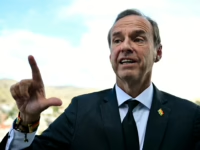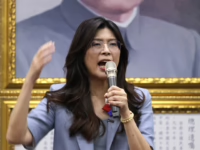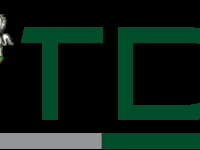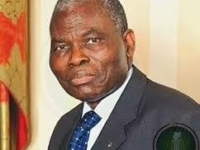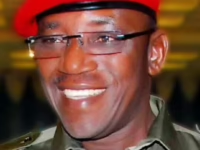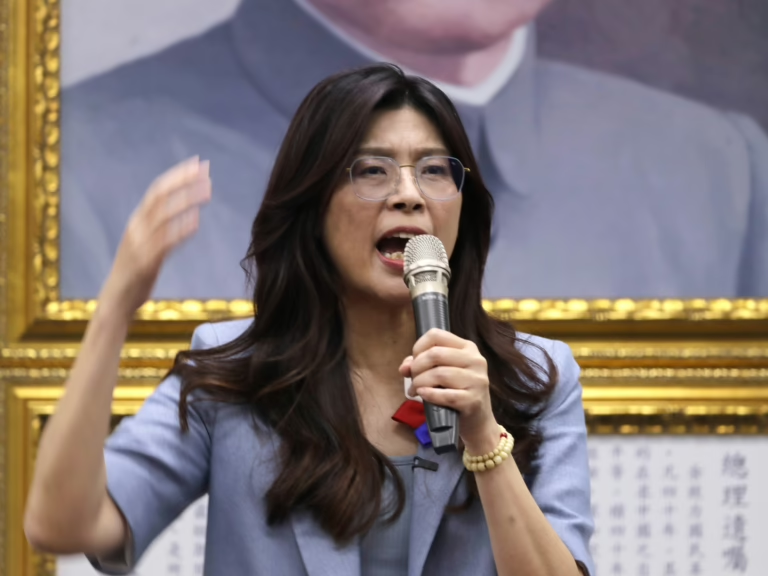Cheng Li-wun is set to assume leadership of the Kuomintang party starting November 1.
Taiwan’s principal opposition party has appointed a progressive leader who questions the necessity of escalating defense expenditures yet advocates for peaceful relations with China, whose claims over Taiwan’s sovereignty have long complicated cross-strait interactions.
On Saturday, members of the Kuomintang (KMT)-a party historically known for its amicable approach toward Beijing-elected former legislator Cheng Li-wun as their new chairperson.
At 55 years old, Cheng emerged victorious over former Taipei Mayor Hau Lung-bin and four other contenders, officially taking the helm of the party next month.
Cheng’s election carries significant weight amid rising military and political strains with China, especially as she cautions against allowing Taiwan to become “a pawn in geopolitical conflicts.”
Although the KMT does not hold the presidency, it, along with its ally the Taiwan People’s Party, commands enough legislative seats to form a majority coalition. This dynamic presents challenges for the ruling Democratic Progressive Party (DPP) in advancing its budget and legislative agenda.
Addressing supporters at the party’s Taipei headquarters, Cheng emphasized her vision of the KMT as a “champion of regional stability.”
“Under my leadership, the KMT will transform Taiwan into a steadfast refuge amid turbulent times. Our commitment is to preserve peace across the Taiwan Strait,” she stated. “Taiwan must never be perceived as a source of conflict.”
Allegations of External Influence
Originally affiliated with the DPP, Cheng has voiced opposition to increasing defense spending-a cornerstone of President William Lai Ching-te’s policy, which also enjoys strong U.S. support.
Cheng secured over half the votes, defeating Hau, who was considered the establishment favorite, though voter turnout among party members was below 40%.
However, the election was clouded by claims of interference from China, notably raised by Jaw Shau-kong, the KMT’s vice presidential candidate last year and a prominent supporter of Hau. Jaw accused social media platforms of disseminating false information targeting Hau.
Taiwan’s National Security Bureau chief, Tsai Ming-yen, revealed that more than 1,000 TikTok videos and 23 YouTube channels related to the election were identified, with over half of the YouTube accounts operating from outside Taiwan. He refrained from specifying which candidates these materials favored or confirming direct links to China.
DPP spokesperson Wu Cheng asserted that Chinese meddling was evident and urged the KMT to remain vigilant. He expressed hope that the new leadership would prioritize Taiwan’s security above party politics.
Cheng dismissed these accusations as “cheap smears” and denied any Chinese influence over the KMT’s internal affairs.
Meanwhile, Beijing maintained that the election was an internal KMT issue and clarified that certain online comments from mainland users did not reflect official Chinese government positions.





